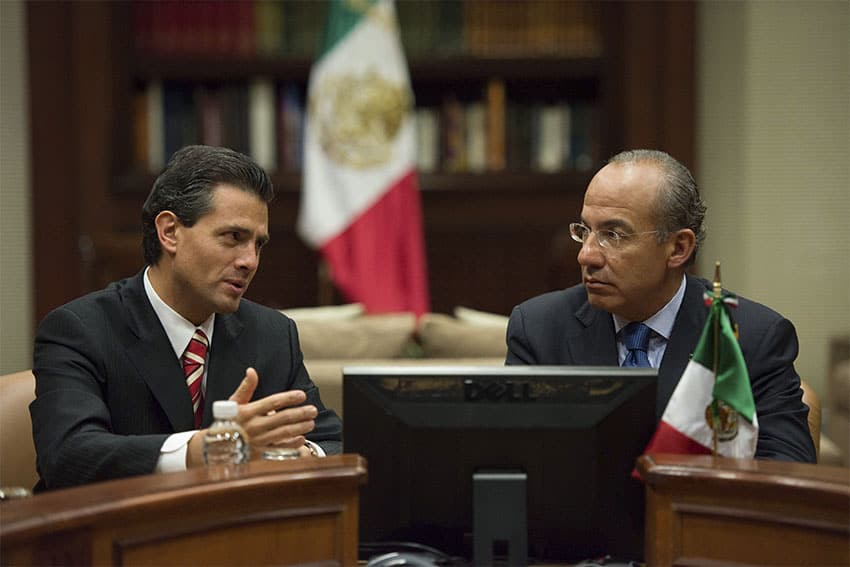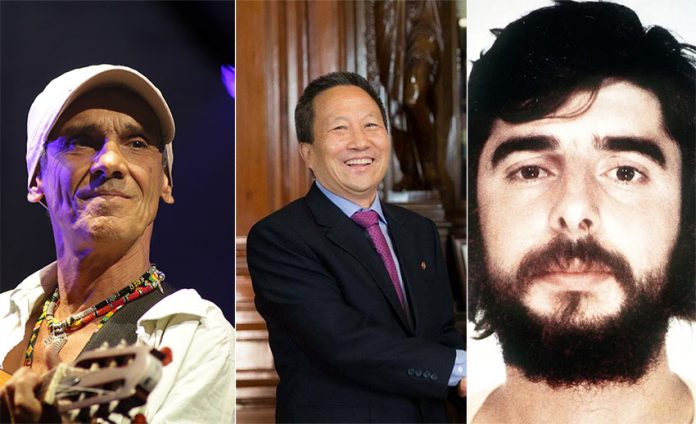President López Obrador has proposed modifying Article 33 of the Constitution, which has been used in the past to expel foreigners for their position on political or social issues.
AMLO proposed the modification in his Wednesday morning press conference, arguing that it was necessary to protect the rights of all nationalities residing in Mexico. He emphasized that, unlike the previous governments of Felipe Calderón and Enrique Peña Nieto, his administration had never expelled any foreigners under the amendment.
“We are not going to expel anyone, we have not done it and we are not going to do it,” he said.

The head of the Interior Ministry (SEGOB), Adán Augusto López, said that previous administrations had “used [the amendment] with total discretion to restrict the freedom of expression or demonstration of foreigners in the national territory,” including invoking it to expel professors and researchers.
Article 33 states that “foreigners may in no way interfere in the political affairs of the country,” and asserts Mexico’s right to “expel foreigners from the national territory on the basis of the law.” It was amended in 2011 to include a requirement for a prior hearing.
Four people were expelled under the amendment during the presidency of Enrique Peña Nieto, and 13 during the presidency of Felipe Calderón. A particularly controversial case was Calderón’s expulsion of French-Spanish singer Manu Chao, who was declared persona non grata after criticizing the Mexican army’s violent repression of indigenous activists in Atenco in 2006.
Calderón also invoked the article to expel several academics, filmmakers and activists with leftist political views, as well as members of foreign militant organizations.
Other notable cases include Peña Nieto’s expulsion of Kim Hyong Gil, the North Korean ambassador to Mexico, for publicly supporting nuclear weapons tests in his country.
AMLO previously proposed eliminating Article 33 in September 2021, describing the law as “repressive.” The issue has gained renewed salience in the context of Peru’s expulsion of the Mexican ambassador, Pablo Monroy, on Tuesday evening. Monroy was expelled in response to perceived Mexican interference in the political crisis that has gripped Peru since the ouster of President Pedro Castillo on Dec. 7.
With reports from Sin Embargo, Milenio and SDP Noticias
